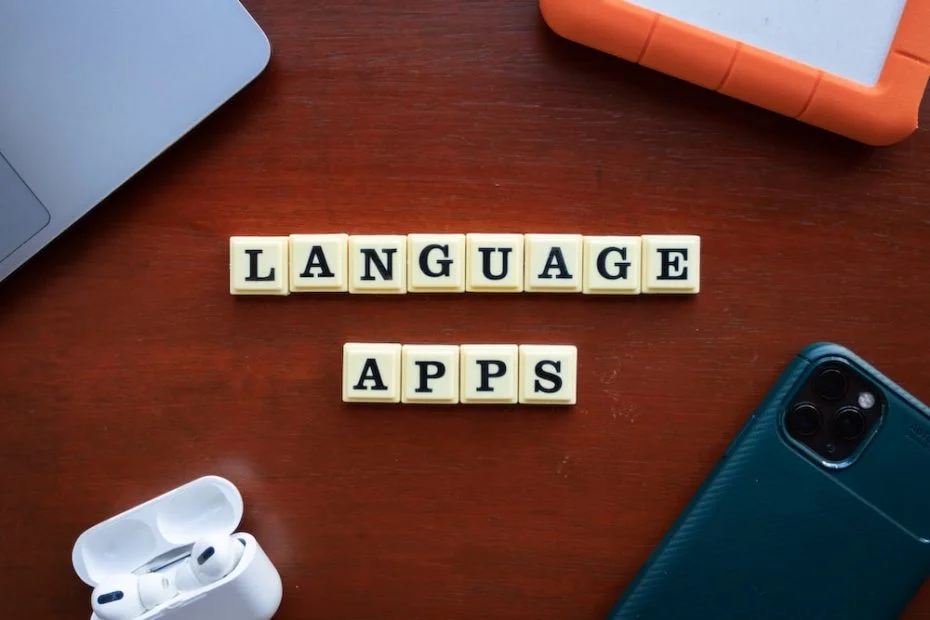Address
304 North Cardinal St.
Dorchester Center, MA 02124
Work Hours
Monday to Friday: 7AM - 7PM
Weekend: 10AM - 5PM

In today’s fast-paced world, learning a new language has never been more accessible. With numerous apps available on the market, anyone can master a foreign language from the comfort of their home or on the go. Whether you’re learning for travel, work, or personal growth, choosing the right app is crucial for success. Below, we explore the top 5 best language learning apps that can help you reach fluency in no time!
Pros: Free, gamified, beginner-friendly
Cons: Limited for advanced learners
Best for: Beginners and casual learners
Pros: Tailored to real-life conversations, affordable
Cons: Limited number of languages
Best for: Intermediate learners and professionals
Pros: Proven method, immersive experience
Cons: Can be slow for some learners
Best for: Those who prefer immersive, translation-free learning
Pros: Great for vocabulary, includes real-life video content
Cons: Less focus on grammar
Best for: Learners who want to expand their vocabulary
Pros: Personalized plans, interaction with native speakers
Cons: Paid premium features
Best for: Learners who want structured lessons and speaking practice
Why Choose an App for Language Learning?
Learning a language through an app offers convenience, flexibility, and personalized learning paths. Whether you’re a beginner looking to explore a new language or an advanced learner seeking to polish your skills, these apps cater to all levels. With mobile learning, you can practice anytime, anywhere, and track your progress easily. Plus, many of these apps use gamification to make the process enjoyable!
Conclusion
Each of these top 5 language learning apps brings something unique to the table. Duolingo is perfect for beginners looking for a free and fun way to start. Babbel and Rosetta Stone are great for those who want real-life conversational skills, while Memrise helps with vocabulary building. Lastly, Busuu offers a structured, interactive experience that includes speaking with native speakers.
No matter which app you choose, the key is consistency. Dedicate time each day to practice, and you’ll soon see progress. Download any of these apps today and start your journey toward fluency!